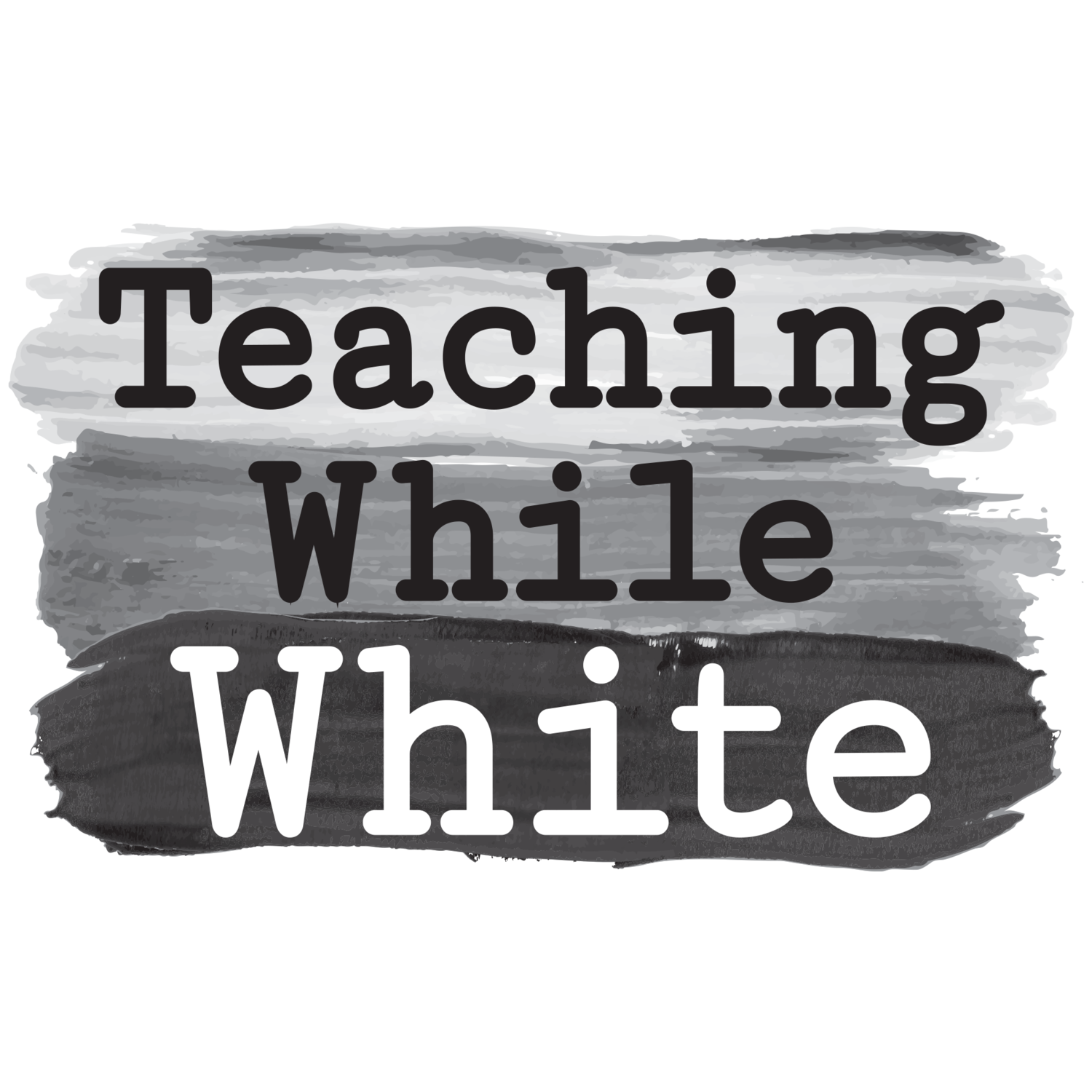Teaching While White and Black Lives Matters
To Our Readers
Teaching While White stands in solidarity with Black Lives Matter. We pledge to continue our work to transform educational institutions and teaching practices so Black students and teachers do not have to face racism while learning and teaching. We will increase our work with White teachers and leaders to develop their antiracist practice and accountability measures to ensure meaningful and sustained change and growth. In principled partnerships with BIPOC (Black, Indigenous, and People of Color) educators, we will echo and amplify their work and scholarship. We will challenge anti-Blackness wherever we see it and more broadly push schools to create the equitable and just school cultures that our students and teachers deserve.
Suggested Reading
We have posted numerous articles to date that support the work of Black Lives Matters, especially as it applies to education. We encourage readers to revisit the following articles in particular as you reflect on current protests and weigh the roles you’ll play in supporting the push for antiracist policies and practices, antiracist education, and for real and lasting civil rights more generally.
By Elizabeth Denevi
Elizabeth Denevi describes some cringe-worthy racial incidents during her days as a young teacher that set her off down the path to greater racial understanding and the development of antiracist teaching practices.
A Letter to the White Teachers of My Black Children
By Afrika Afeni Mills
The dominant culture in the United States is not only racist, it also tries to suppress conversations on race. “There are numerous reasons for this, most of them related to the maintenance of the power status quo,” Afrika Afeni Mills writes. “I’m asking you to help break this damaging practice — especially among adults in your school.”
Inoculating Our Students Against White Nationalism
By Christine Saxman and Shelly Tochluk
Christine Saxman and Shelly Tochluk explore the disturbing rising of White Nationalism in the nation and what happens when it shows up in the classroom. The authors encourage teachers to neither overreact or underreact, but rather develop a thoughtful response and use each moment as an opportunity for learning (and changing).
By Elizabeth Denevi and Jenna Chandler-Ward
Any time the conversation turns to race, the chances are that certain White people will feel hurt. This is particularly true in schools. Elizabeth Denevi and Jenna Chandler-Ward explore both the importance of having race-related conversations with students, especially White students, and demonstrate how educators can help students manage their emotional response, build resiliency, and understand that racism is the common enemy.
Admit You Are Racist? Three Reasons Why This Is a Good Idea
By Lori Cohen
Racism runs deep in America, and those of us who are White display racism in our lives and work whether we mean to or not. To acknowledge this fact, Lori Cohen tells us, is the best way to taking ownership of our racist legacies, move past discomfort, and lead change.
Additional Suggested Reading
Statements Supporting Black Lives Matter Are Not Enough, Schools Must Do More
By Tyrone Howard (published on EdSource)
Tyrone Howard is a professor at the Graduate School of Education & Information Studies at UCLA, the Pritzker Family Endowed Chair in Education to Strengthen Children & Families, and director of the UCLA Black Male Institute. “When the marches stop,” he writes, “schools will need to look at themselves hard in the mirror and ask, how can we say Black Lives Matter when we are complicit in Black student failure?”
Letter to the Emerson College Community
By Lee Pelton (published in Boston Magazine)
Emerson College’s President Lee Pelton wrote this moving letter to the extended community in response to the police killing of George Floyd and the then-emerging protests. In it, he writes, “This is not a black problem, but a structural issue built on white supremacy and centuries of racism. It’s your problem. And until you understand that, we are doomed to relive this week’s tragic events over and over again. What changes will you make in your own life? Begin with answering that question and maybe, just maybe we will get somewhere.”
